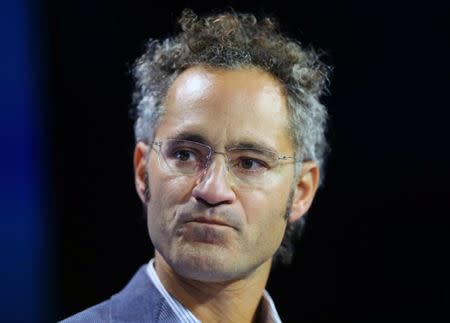Palantir settles U.S. lawsuit charging bias against Asians

WASHINGTON (Reuters) - The data analytics and security company Palantir Technologies Inc has agreed to pay nearly $1.7 million to resolve charges it discriminated against Asian applicants for engineering jobs at its Palo Alto, California, office, the U.S. Labor Department said on Tuesday. Palantir, a privately owned data firm best known for helping the U.S. government track down al Qaeda leader Osama bin Laden, entered into a consent decree under which it will pay $1.7 million back wages and other funds, including the value of stock options, to several people, the department said. The company also will offer jobs to eight people, the statement said. Palantir has disputed the Labor Department's allegations but said in a statement it agreed to settle the case in order to get on with its business. "We disagree with the allegations made by the Department of Labor. We settled this matter, without any admission of liability, in order to focus on our work. We continue to stand by our employment record and are glad to have resolved this case," Palantir said in the statement. Palantir, considered one of the most secretive firms in Silicon Valley, does highly confidential work for U.S. defense and intelligence agencies, helping them track down terrorists and uncover financial fraud. Its data mining system, which uses algorithms to search for patterns and connections, was deployed to help the government track down bin Laden. Palantir has been a party to U.S. government contracts worth more than $340 million since January 2010, according to the Labor Department's lawsuit. The company raised $880 million in funding in 2015 and was estimated to have a valuation of about $20 billion at that time, making it one of the highest-valued, venture-backed private tech companies in the world. (Reporting by Eric Beech and David Alexander; Editing by Lisa Shumaker)
